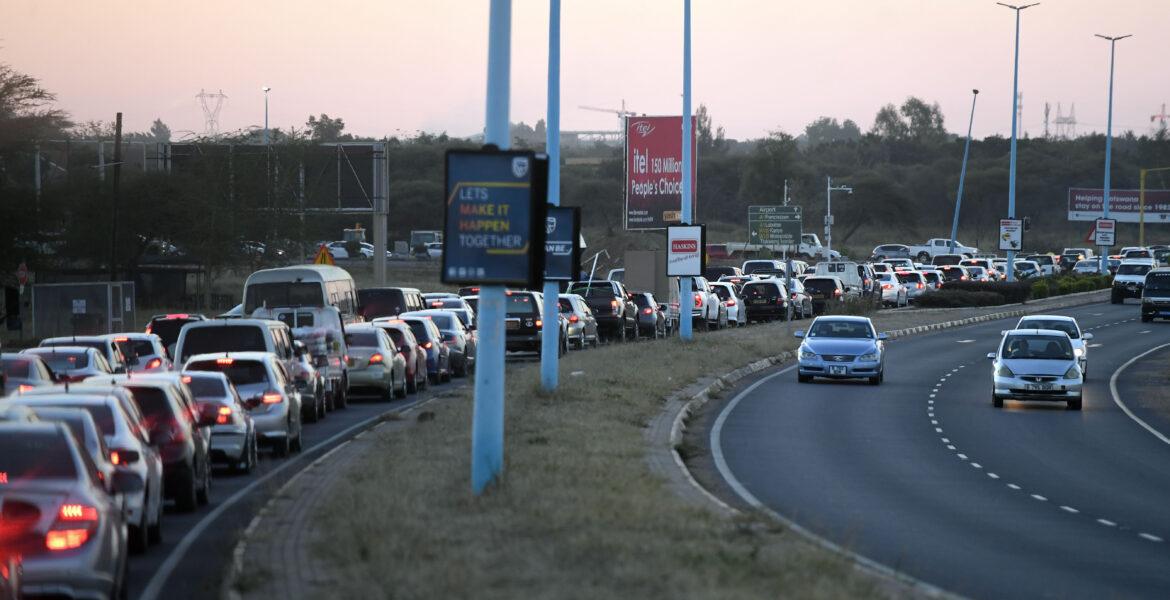TLOTLO LEMMENYANE
The fluidity of movement in an economy is often an overlooked factor but its absence literally brings the production consumption of goods and services to nought.
The pandemic caused a tumultuous disruption to lives and took many lives. The country’s production of goods and services was heavily clamped down by stringent restrictions of movement, which were enforced by a State of Public Emergency (SOE). During the standstill, the economy took a battering which saw negative growth in almost all sectors, resulting in an overall contraction of 8.5 percent in 2020.
The lifting of the SOE in September 2021 brought about renewed vigour expressed by the business community regarding economic performance. The Bank of Botswana conducts a Business Expectations Survey on a quarterly basis by collecting information on the domestic business community’s perceptions about the prevailing state of the economy and expectations during the survey period. The latest report (September 2021) states that firms in all sectors are optimistic about economic recovery in the year to September 2022.
It adds that this confidence is led by the Retail and Accommodation and Trad, Hotels, Transport and Communications, Mining and Quarrying, and Finance and Professional and Administrative Activities sectors. “The perceived improvement in economic performance in the current survey compared to the previous one likely reflects the expected resumption of economic activity following the end of the State of Public Emergency (SOE),” the report says.
According to the survey, firms expect GDP to expand by 3.2 percent and 3.9 percent in the third and fourth quarters of 2021 respectively and 4 percent on an annual basis in 2021. This illustrates that movement is indeed an important driver of the economy.
A sector that was brought to its knees due to limited movement was tourism. The latest transport and infrastructure stats brief by Statistics Botswana shows that during the period of SOE, movement of aircraft and people, both locally and internationally, nose-dived. Rail transportation of passengers and as goods also plunged, resulting in a decline of revenue generated.
The Director of Transport Policy and Planning at the Ministry of Transport and Communications, Orapeleng Mosigi, had underlined the integral role of transport in trade facilitation. From an economic perspective, he regards transport as a “precursor for other sectors’ development, which makes it the backbone of economic growth and sustainability”. Mosigi highlighted the function of movement at the backdrop of the Trans-Kalahari Corridor (TKC) which is intended to assist Botswana’s trade by reducing transport costs and improving transport linkages with her trading partners.
Movement is essential to trade, and even better when efforts are made to ensure that the transport is safe, predictable, fast and affordable. “The Government of Botswana has put in place various policies and programmes to drive the country’s economic competitiveness, diversification and sustainable growth. These depend on the efficiency and effectiveness of transport system and ICT,” Mosigi noted.




